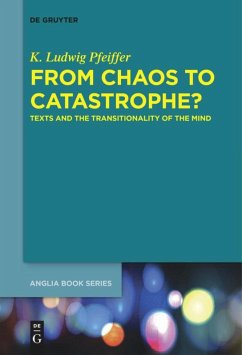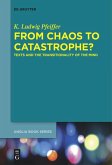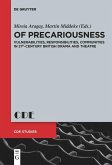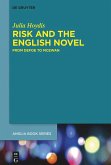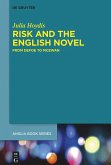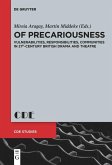This book focuses on the tensions between processes of consciousness and their products like worldviews, theories, models of thought etc. Staying close to their technical meanings in chaos and catastrophe theory, chaotic processes are described in mainly neurobiological and evolutionary terms while products are delineated in their evolutionary logic. Given both a relative opacity of processes of the mind and of the outside world, the dramatic quality of the processes, a certain closeness to 'hysterical' and 'schizophrenic' tendencies and, within the context of the weakening orientating power of worldviews, an alarming catastrophic potential emerge.
As a consequence, the book aims at a comparative cost-benefit analysis of the transitionality between 'chaotic' processes of consciousness and the often 'catastrophic' implications of their products within historical frameworks. The central thesis consists in the increasing failure in the orientation of action which cannot be contained by systems of ethics. Materials for this analysis are mainly drawn from texts normally called literary in which the tension between biographical and historical dimensions provides profiles of chaos and catastrophe.
As a consequence, the book aims at a comparative cost-benefit analysis of the transitionality between 'chaotic' processes of consciousness and the often 'catastrophic' implications of their products within historical frameworks. The central thesis consists in the increasing failure in the orientation of action which cannot be contained by systems of ethics. Materials for this analysis are mainly drawn from texts normally called literary in which the tension between biographical and historical dimensions provides profiles of chaos and catastrophe.

